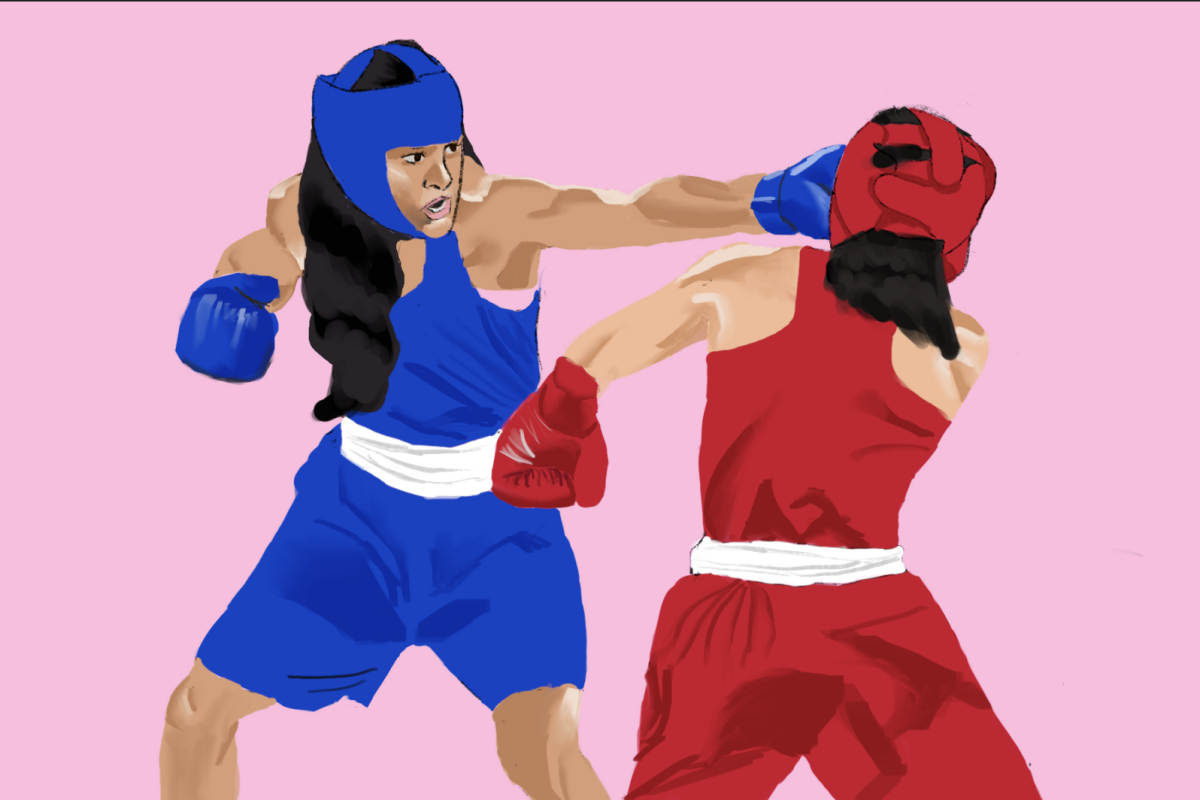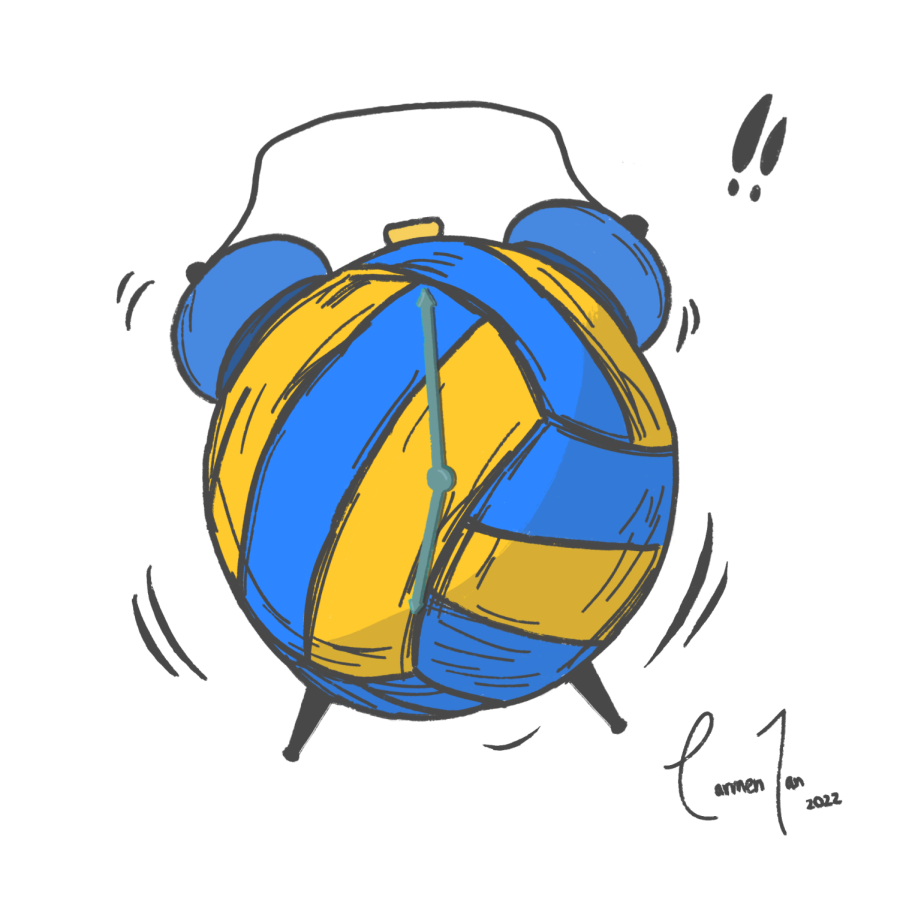Exciting news for Champions League fans as UEFA has decided to change the entire Champions League format to a new (complicated) version. This means the 2023/2024 season was the last to ever see the original and loved Champions League format. While some have loved the new change, many people are not happy with the change that UEFA has decided to make.
Gone is the original group stage model in favour of a new “Swiss model,” which greatly changes how the tournament is played from the 2024-25 season on. Until now, 32 teams were in 8 groups of 4, with each playing 6matches-3 home and 3 away-in the group stage. Teams finishing first and second in each of the eight groups qualify for the knockout rounds, with the third-placed teams heading into the UEFA Europa League. The knockout rounds are played over two legs, culminating in a one-off final. That was straightforward: teams knew they had six matches in the group stage, before going through – or out – to the next round. The new format that starts in 2024-25 will be an expanded competition with 36 teams, with the group phase replaced by a single league table. All teams will play eight matches against different opponents-four home and four away. After these eight matches, the top eight teams will automatically qualify for the knockout stage. Teams finishing between 9th and 24th will go into a two-legged playoff, the winners of which advance to the Round of 16.
The most important change is the increase in games: teams will now play eight matches in a starting phase, from six, adding more football and boosting revenue opportunities for clubs and UEFA with broadcasting and sponsorship. This also implies more work for the players and coaches.
But the wider competition means teams can stay in contention longer and reduces the chance of dead rubber matches. The added round of playoffs adds an element of excitement since mid-table teams are now assured of a chance to reach the knockout stages of the competition. However, critics point out that the new format may detract from the prestige of the tournament since it would drag on too long and be complicated. Most of these changes are commercially driven, with UEFA seeing the avenue to increase revenue and top-profile matches. The new format will ensure more excitement and financial returns, while at the same time promoting player fatigue and a more incomprehensible new system. UEFA has admitted that the decision to introduce a new Champions League format, starting with the 2024-2025 season, was made because of money.
The changes will abolish the traditional group stage format, filling its place with 36 teams in league format, whereby each club will get a chance to play at least eight matches against different opponents. This reorganisation is aimed at bringing in more money through expansion: more broadcasting rights, sponsorships, and ticket sales. Uefa President Aleksander Čeferin has underlined that the reforms were necessary to make the competition more financially viable for major clubs from Europe’s top leagues. Still, this change has been met with opposition from supporters and smaller clubs who feel it further dilutes competitive balance in favour of commercial interests and may widen disparities in wealth between rich and poor, thus eroding upsets. The more the sport of football is intermingled with commercialism, the bigger the challenge to reconcile financial imperatives with the values and integrity of the sport. With the new Champions League format starting in the 2024-25 season, there has been a growing concern from footballers which may force them into some collective action, including strikes.
The new format-eliminating a traditional group stage for a league-style setup with 36 teams-means players will see a massive increase in the amount of games played. Several athletes fear this development will lead to excessive workloads, increased injury risks, and incomplete recovery time, adversely affecting their health and performance. However, the financial motives for the changes have raised debates in light of the increased concerns on players’ rights and welfare about being treated as commodities. The said pressures may feel the need for the footballers to unite themselves and strongly assert their demands for improved working conditions and welfare of players in highly commercialised environments. That prospect of strikes reflects a wider trend within professional sport, where athletes are being more vocal about their rights and the need for balance between the financial imperatives and the integrity of the game. Since then, 2 very important players have become injured. First, Rodri is arguably the most important player in the Man City squad, and secondly, Carvajal is a 6-time Champions League tore ACL. Those two players had said during interviews that it is not fair that footballers have to play more games, which has a higher risk of injury. Only time can tell how fans, clubs, and players respond to this significant overhaul.





